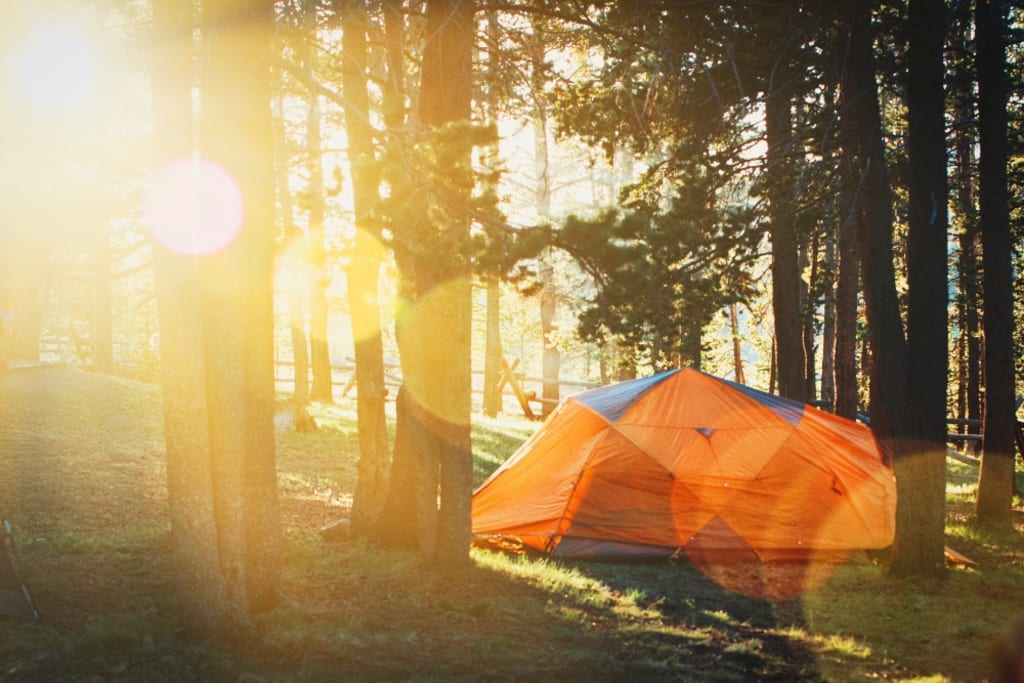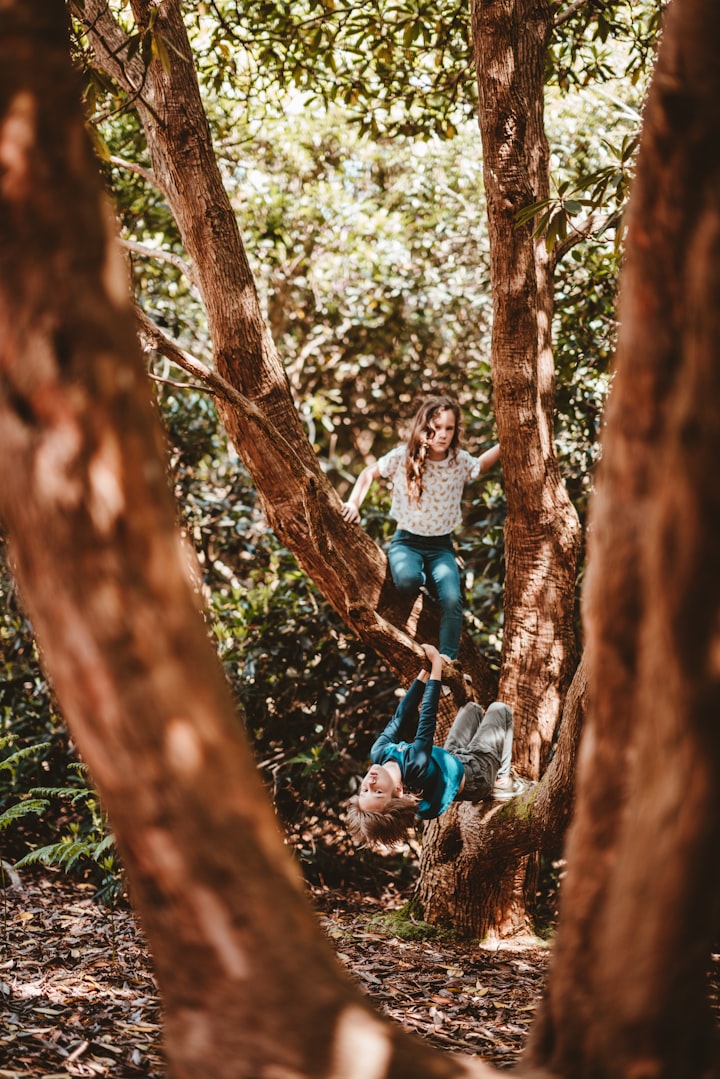A Guide to Camping with Family for the First Time
Tips for First-time Family Campers

The image source is Pexels.
Creating time to bond with your loved ones is essential. It lowers the risk of behavioral problems like violence and substance abuse in your children. Moreover, it improves mental health by offering emotional support to each other during life's challenges. You can spend time with your family in different ways, including eating together, going for evening walks, and picnics. You can also go camping which requires certain necessities to facilitate your stay and make it memorable. Below is a guide for first-time campers.
Purchase Your Tent
A camping shelter is crucial to keep you warm and safe. You may choose to stay in a tent or lodging; however, tents are more beginner friendly. They are designed in different shapes and sizes. Select one that best suits your family. It would be best to choose one size or two bigger. That way, you will create room to store your gear. Consult camping experts if you are unsure of a suitable tent for your family. They will guide you on the best option.
Purchase Sleeping Gear
It would help to bring everything you perceive necessary for a restful sleep. Purchase sleeping bags, blankets, and an inflatable mattress. Further, acquire foam pads and small camping mattresses for your kids. They find them more comfortable. They can also use sticky mats if the temperatures are warm. Typically, your sleeping attire depends on the weather. Buy thin gears for summer and heavy ones for winter. Accordingly, be keen on the label to acquire the proper attire. It is advisable to carry extra blankets during winter.
Find an Accessible Campsite
One of the first few steps in camping is to determine an appropriate campsite. You can search for campgrounds near me on your smartphone or computer to select one that best suits your family. As a beginner, it would be best to stay close to your home instead of starting far away. Going far away allows you to explore new places. However, you can still find new favorite spots from which you can easily return home if need be. In addition, you'll make fewer plans and travel arrangements. Make sure to choose a campsite with plenty of facilities such as toilets and showers. Moreover, it should be child-friendly to ensure your kids feel safe around the compound. Do you want to tag along with your furry friend? Check whether pets are allowed on the site to avoid inconveniences.
Practice Pitching Your Tent
As a beginner, practicing pitching your tent at home is vital. Assembling your tent depends on its type. Don't follow the simple online tutorials to avoid messing up. Rather, follow the manual instruction guide given at the time of purchase. It's essential to ensure you understand how to set up and pull down your tent. Choose a level ground, lay your sleeping bag, and assess the comfort. It should be away from fire pits, rocks, and mud. In addition, avoid areas where rainwater gathers to evade flooding. Also, position it near trees with the door facing away from the wind. Trees act as windbreaks and protect you from strong winds.
Make a Camping Packing List
Having determined your campground, create a list of the essentials you require. It is crucial for your safety and fun. It's frustrating to notice you've forgotten something you need and can't find it in the nearby shops. Also, please encourage your children to write a packing list for all their necessities. Later, go through it and determine the things they have forgotten.
In addition to sleeping accessories and the tent, include personal items such as clothes and toiletries. Your safety comes first; therefore, a first aid kit is required. Ensure you've pain and anti-inflammatory medicine, antiseptic ointment and creams, and adhesive bandages. Also, pack a map and compass, especially when camping in unfamiliar places. They'll help you navigate the wild and locate your position. Moreover, it would be best to have campsite furniture, chairs, and a table.
Plan Your Meals.
Food is essential for a comfortable camping experience. Plan on what to eat and how to cook it in advance. Consult with the camp owner to know if they allow campfires for cooking. Further, research on the nearby restaurants in case no cooking is allowed in the camp.
Conclusion
Camping for beginners shouldn't be boring. Make it memorable and exciting by getting everything right. Follow the above tips, and your first family camping trip will be a success.





Comments
There are no comments for this story
Be the first to respond and start the conversation.